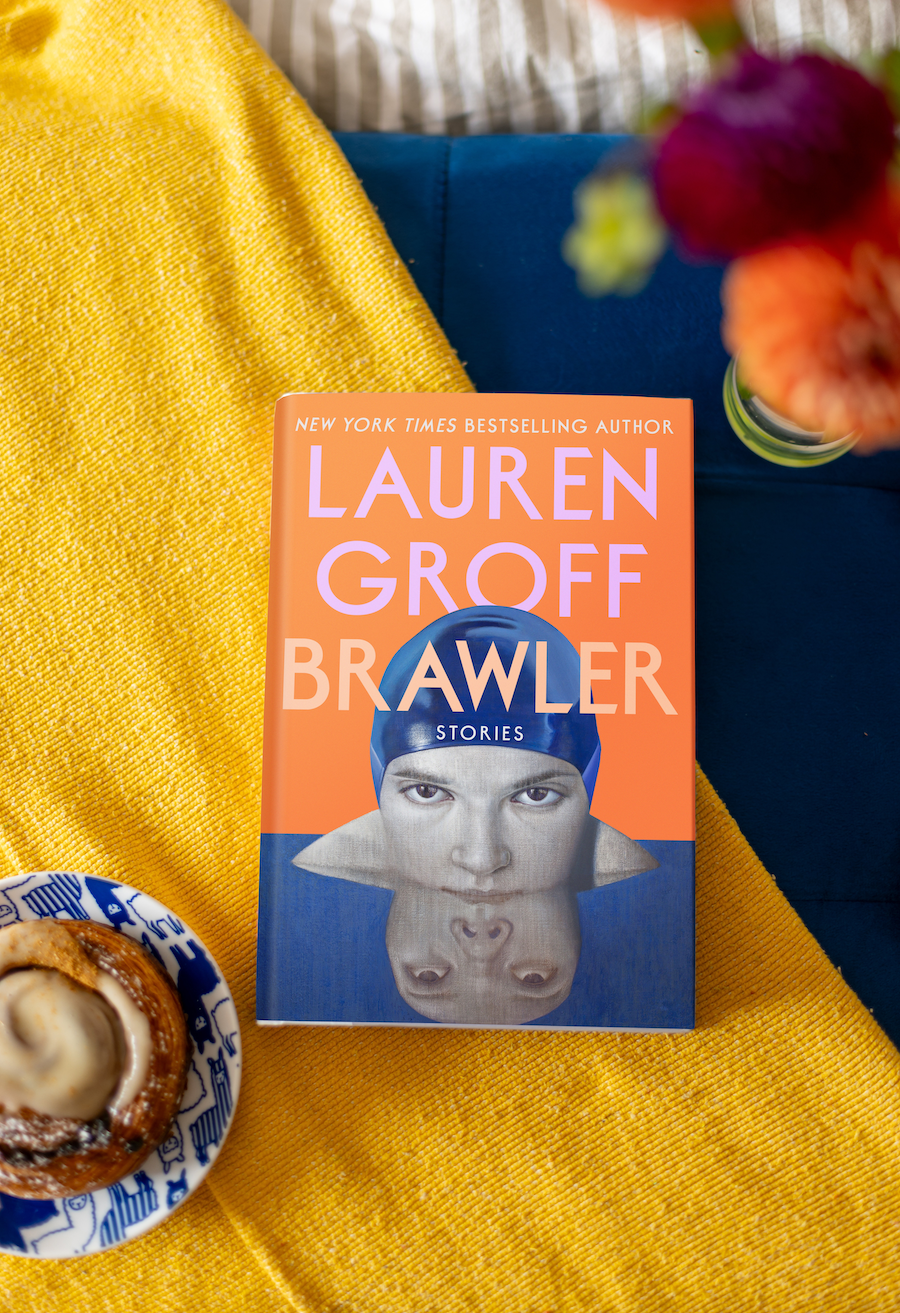Exclusive: Lauren Groff Reveals Her Next Book, the Short Story Collection Brawler
Seven years have passed since the three-time National Book Award-nominated author Lauren Groff last published a short story collection: the beloved, Story Prize-winning Florida. In the near-decade since, she has published two additional novels—Matrix and The Vaster Wilds—and opened The Lynx, a bookstore in Gainesville, Florida. She’s served as a chair for the National Book Award for fiction and edited The Best American Short Stories anthology. Last year, she was named one of TIME’s 100 Most Influential People of the year. A letter from former President Obama hangs in her office. She reads hundreds of books a year and has provided many of her colleagues with glowing blurbs for those books. In other words, Groff is not only one of our “finest living writers,” as fellow author Hernan Diaz put it to The New York Times; she’s also one of our finest and most beloved literary citizens.
So it’s a relief to know that, in the midst of her ever-growing to-do list, coupled with the shifting gears of modern publishing, Groff has far from abandoned the short-story form. On Feb. 24, 2026, Riverhead Books will publish her next book, a story collection named Brawler.
Groff says she’s been working on Brawler for a number of years now, having pulled a few of its nine stories from as far back as 2016. Organizing each piece meant considering the collection’s connective tissue: Despite its sprawling territory—Brawler jumps from Florida to California to New England and beyond, refusing to stay settled in any one place or time, or with any one cast of characters—the book feels neatly and distinctly of a kind.
“As I’m writing, I don’t have much control over which stories come to me with urgency,” Groff says. “But I do have control over the selection of the stories and the way that they speak to one another. The first story offers questions that are then modified as the stories go on—they’re shifted, they’re moved, they’re seen in a different light. And then the last story has possibly the hardest job, which is to take all the questions that have been asked throughout the story collection, and fragment them, right? I fragment them outward, and create a sense of backwards cohesion.”
Brawler’s assembled stories follow a mother and her children attempting to flee an abusive husband; a young woman newly responsible for her disabled sibling; a talented but angry swimmer awash in her parent’s pain; a group of old classmates gathered to say goodbye to their dying friend; a stunted business scion yearning to make the woman he’s fallen for “presentable” to his family; and more. Each piece brushes up against, as Groff puts it, “the violence that lurks within familial spaces,” which echo within the “larger moments of cultural violence that I think we’ve been in for a very long time.” She continues, “I was thinking about a lot of the hidden loves and the hidden costs of family—a lot of the secrets that we keep from one another.”



